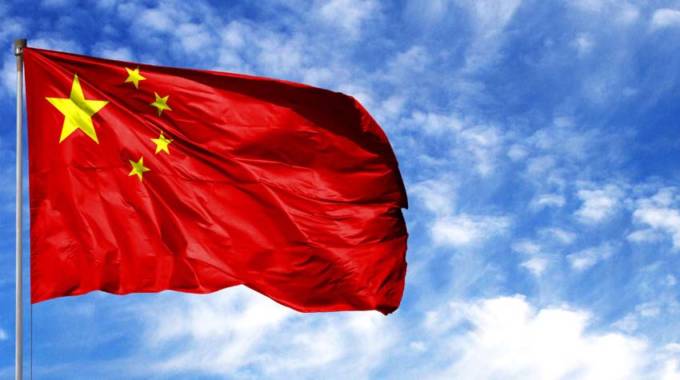
The Sunday Mail

Manyika Kangai
China’s Top Political Advisory Body Concludes Annual Session
The fifth session of the 13th National Committee of the Chinese People’s Political Consultative Conference (CPPCC), China’s top political advisory body, held its closing meeting on Thursday. China’s President Xi Jinping and other Chinese leaders attended the closing meeting at the Great Hall of the People in Beijing. Wang Yang, chairperson of the CPPCC National Committee, delivered a speech at the meeting. A resolution on a work report of the Standing Committee of the CPPCC National Committee, a resolution on a report on how the proposals from political advisors have been handled since the previous annual session, a report on the examination of new proposals, and a political resolution on the fifth session of the 13th CPPCC National Committee were approved.
China Releases Latest CPI and PPI
China’s consumer prices remained at a subdued level in February while factory-gate inflation softened, but analysts call for a high alert on future risks considering external environment changes. Data released by the National Bureau of Statistics (NBS) on Wednesday shows the Consumer Price Index (CPI), a main gauge of inflation, rose 0,9 percent year-on-year in February, flat from the growth seen in the same period last year. On a monthly basis, the CPI gained 0,6 percent due to rising food demand during the Spring Festival, which fell in February this year, along with the fluctuations in global energy prices. According to a government work report submitted to the national legislature for deliberation, China has set its CPI target at around 3 percent for 2022. China’s Producer Price Index (PPI), which measures costs of goods at the factory gate, rose 8,8 percent year-on-year in February. The figure moderated from the 9,1 percent year-on-year increase registered in January this year. Month-on-month, the PPI inched up 0,5 percent as rising crude oil and non-ferrous metal prices led to the monthly increase.
China’s Forex Reserves Fall
China’s foreign exchange reserves fell in February as global financial asset prices dropped amid a strengthening US dollar, according to data from the State Administration of Foreign Exchange released on Monday. The country’s forex holdings stood at more than US$3,2 trillion at the end of February, down US$7,8 billion, or 0,24 percent, from the end of January. The decline was attributed to the rise of the dollar index and the changes in global financial asset prices, which were driven by factors including geopolitical situations and the expectations of major countries’ monetary policies.
China’s Foreign Trade Sustains Growth Momentum
China’s foreign trade sustained growth momentum in the first two months of the year amid unchanged fundamentals for long-term growth. In the January-February period, China’s total imports and exports expanded 13,3 percent year-on-year to 6,2 trillion yuan, according to the General Administration of Customs (GAC). Both exports and imports continued double-digit growth during the period, surging 13,6 percent and 12,9 percent from the same period of last year, respectively. In US dollar terms, total trade came in at US$973,5 billion during the period, up 15,9 percent year-on-year. The trade surplus increased 19,5 percent year-on-year to US$116 billion during the same period. The country’s imports and exports with its top three trading partners – the European Union, ASEAN and the United States – gained 12,4 percent, 10,5 percent and 9,7 percent, respectively, in the first two months. Meanwhile, China’s imports and exports with Belt and Road countries combined went up 18,3 percent year-on-year.
China’s Central Bank to Turn Over Surplus to Central Budget
China’s central bank plans to turn over more than 1 trillion yuan (about US$158,3 billion) in surplus profits to the country’s central budget in 2022 to support enterprises, stabilise employment and ensure people’s well-being. The funds will mainly be used to facilitate VAT credit refunds and increase the central government’s transfer payments to local governments, according to an online statement from the People’s Bank of China. The profits are mainly from the operating income on foreign-exchange reserves over the past few years and will not increase taxes or the burden on market entities, nor will it lead to fiscal deficits. The profits will be turned over in a balanced manner on a monthly basis.
Manyika Kangai has over 15 years of experience facilitating and advising on China-Africa trade and investment deals. Feedback: +27743487997/www.muvambi-sa.co.za



